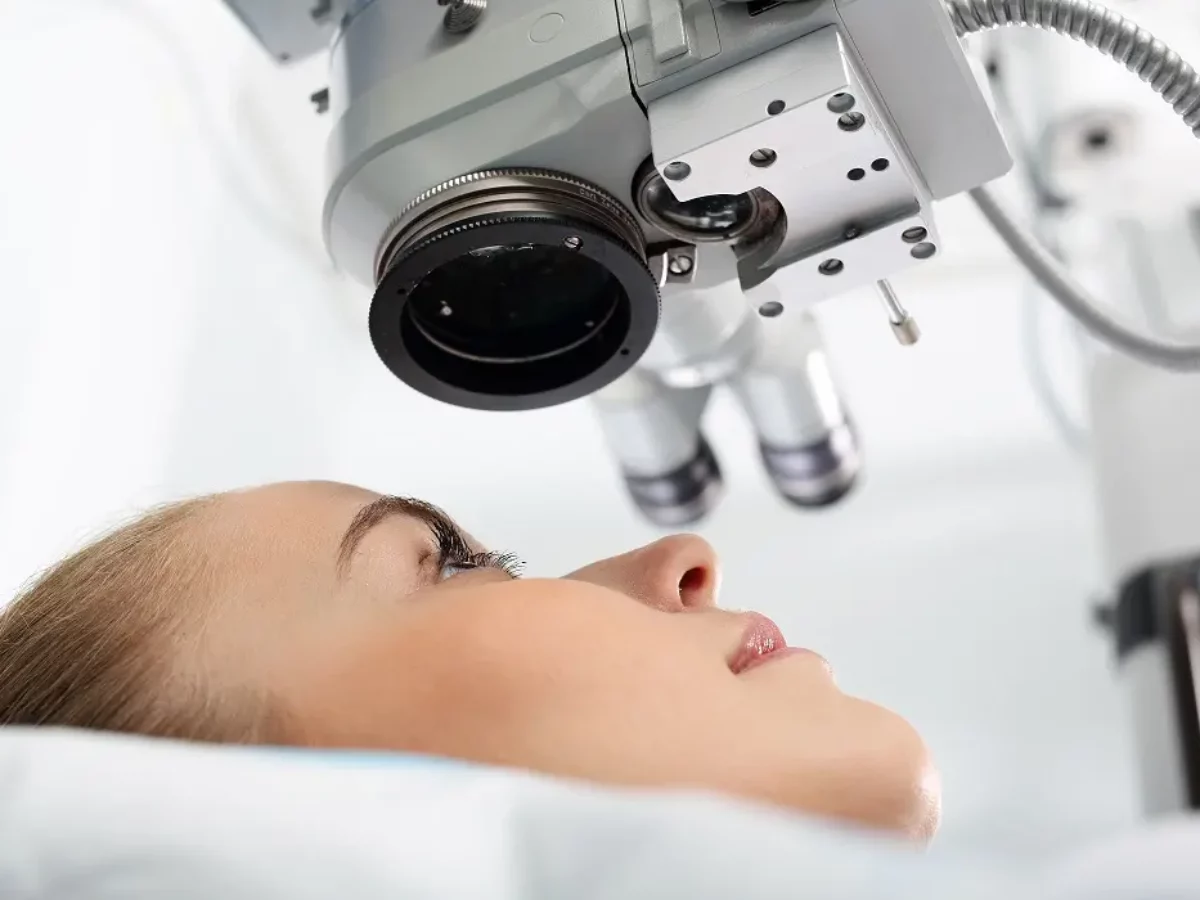Featured
Table of Contents

Regular eye assessments are crucial for maintaining good vision and discovering prospective eye health and wellness concerns early. However, the regularity of these exams can differ significantly based upon a person's age, way of life, and total health and wellness. Understanding the advised timetable for eye exams can assist make sure that individuals of every ages obtain suitable care and tracking for their eye health.
Infants and Toddlers (0-2 Years)
For kids and babies, eye tests are crucial for spotting any prospective vision problems at an early stage. The American Academy of Ophthalmology advises that a kid's initial eye exam need to take place at around 6 months old. Throughout this preliminary go to, the eye care specialist will certainly analyze the kid's aesthetic development and check for any type of apparent eye issues.Following this very first exam, it is suggested that kids have an additional eye exam at age 3. This browse through will focus on assessing the youngster's overall visual function, consisting of eye positioning and the capability to track objects. If no concerns are detected, the following examination must be set up before the kid begins college, typically around age five or 6.
School-Aged Kids (6-18 Years)
When youngsters get to school age, routine eye exams should be arranged each to two years. Vision is important for discovering and development, and lots of schools perform vision testings. Nonetheless, these testings do not change a thorough eye exam by an eye treatment professional.For children entailed in activities or sporting activities needing significant aesthetic emphasis, yearly eye examinations might be recommended. Furthermore, if a kid exhibits signs of vision issues-- such as trouble checking out, squinting, or frequent headaches-- a browse through to the eye physician should be scheduled as soon as feasible.
Young Person (19-39 Years)
Young grownups generally have less vision changes than older age, but regular eye exams stay vital. The general recommendation is to set up an eye examination every two years during this duration. Individuals with certain threat factors-- such as a household history of eye illness, diabetes mellitus, or those that put on call lenses-- need to consider annual eye tests.Additionally, those who spend substantial time on digital tools might experience digital eye stress. If signs such as dry skin, tiredness, or obscured vision occur, it might be a good idea to see an eye care expert earlier.
Adults (40-64 Years)
Adults aged 40 to 64 ought to arrange eye exams every one to 2 years. Eye examinations can also assist detect other usual age-related conditions such as glaucoma, cataracts, and macular deterioration.If people in this age team have danger elements such as hypertension or diabetes, they might need more frequent exams to monitor their eye health very closely.
Elders (65 Years and Older)
For senior citizens, regular eye exams come to be much more essential. The American Optometric Organization advises that people matured 65 and older have an eye test at the very least yearly. Older adults go to a greater danger for different eye conditions, including cataracts, glaucoma, and age-related macular deterioration. Early discovery and treatment of these conditions can stop vision loss and enhance the lifestyle.Final thought.
Comprehending the suitable timetable for eye tests based upon age is essential for maintaining optimal eye health throughout life. From infants to senior citizens, normal eye evaluations play a vital function in spotting concerns early and ensuring that vision stays sharp. By sticking to these standards and seeking advice from an eye care professional, individuals can take aggressive actions toward protecting their vision and general health. Whether it's a youngster's very first visit or a senior's annual check-up, focusing on eye treatment is a financial investment in lifelong health.Table of Contents
Latest Posts
Designing an Impressive Entryway with Custom Doors
Published Nov 23, 24
1 min read
Safety Net for Sustaining Eye Health And Wellness Throughout Your Life
Published Nov 23, 24
0 min read
Claim Your Free Fence Estimate Today with Montana Fence
Published Nov 23, 24
2 min read
More
Latest Posts
Designing an Impressive Entryway with Custom Doors
Published Nov 23, 24
1 min read
Safety Net for Sustaining Eye Health And Wellness Throughout Your Life
Published Nov 23, 24
0 min read
Claim Your Free Fence Estimate Today with Montana Fence
Published Nov 23, 24
2 min read